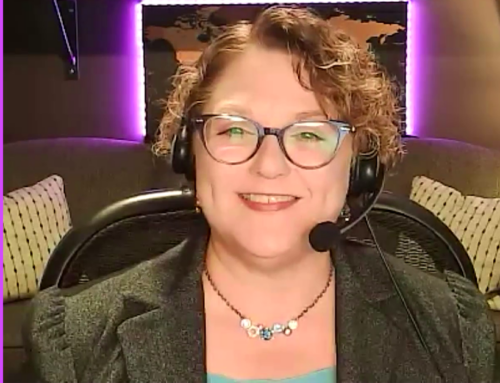Every financial advisor has the same problem. You struggle with hiring, managing, and keeping a top team. It’s a common topic with my coaching clients.
When your team is weak, it distracts you from meeting with clients and prospects, costs you in the bottom line, and generally makes your life frustrating.
Rather than give you a “5 steps to your next great hire” post, I want to share a first principles idea that will point you in the right direction while giving you great latitude to personalize it for your business.
First Principle of Hiring
Last year, I had the pleasure of attending a talk by Patty McCord, the former chief talent officer at Netflix. She told a story about how during the interview process to hire her, she asked Reed Hastings to describe what his ideal company would look like.
After Hastings answered, he then asked McCord the same question. McCord responded with this gem:
“My ideal company would be one that was a great place to be from, like having been at Apple or Microsoft in the early days.”
That’s the first principle of hiring—build a company that is a great place to be from.
Here’s how it works.
Let’s say you’re looking to hire someone today and you’re reviewing their resume. As you scan their work experience, what company would make you think, “Wow, what a great place to be from.”
Then ask yourself, “What are the characteristics, the values, the reputation of that company that I could adapt here to make my company ‘a great place to be from?’”
Once you identify what makes a company a great place to be from, start systematically making your company one of them. And here’s the key thing and how it connects to hiring great people–by building this kind of company, talented people start knocking on your door saying they want to work for you.
Apple, Google, Amazon, Netflix, they get tens of thousands of unsolicited applicants a year because they are known as a great place to be from. When your firm gains that reputation, you’ll have talented people reaching out to join you. Reaching that position is a huge competitive advantage and creates a flywheel effect.
Talent Leaves
Now, some business leaders hope to keep people on their team for a decade or more because they don’t like the hassle of turnover or training. Unfortunately, in today’s world, the only people (I’m exaggerating a bit) who will stick around for more than a decade are the people who may have been great in the past but are now coasting on their track record. They’re the placeholder, not the kicker.
McCord went on to say that the best performers tend to jump around. They are always looking for the next challenge so don’t be surprised if, after a few years, your top performer leaves. It’s not a bad reflection on you. It’s a sign you hired a talented person, you each got what you needed from each other for a period of time, and now they’re off to the next thing that entices them.
To plan for that turnover, top companies are always infusing their firms with new hires who bring fresh perspectives, experiences, and energy, while saying an appreciative goodbye to the talented ones who move on.
As a business owner, I don’t like it when a talented person leaves but, over time, based on my experience and reinforced by McCord, I’ve come to view it as a way to “talent up” the company and lever the virtuous circle.
********
Watch this 5-minute video from Patty McCord on 8 lessons on building a company people enjoy working for.
********
Not for Today, But for Tomorrow
McCord made another comment that really stuck with me and helps frame the way to look at losing or letting people go who no longer contribute at a top level.
She said, “Our overriding talent-management mandate had to be building the best team for the future we were creating.”
If you’re at $100 million in AUM now and want to grow to $1 billion, you should be hiring people who can excel in that 10x trip. If you’re at $1 billion on the way to $10 billion, same thing. Realistically, few team members can or want to do the work necessary to keep their skills and work ethic growing at 10x like your company.
Yes, saying goodbye to a loyal team member is hard. But when you create a company that is known for hiring great talent, for “being a great place to be from,” then that parting is much easier for everybody.
I highly recommend McCord’s book Powerful: Building a Culture of Freedom and Responsibility.





